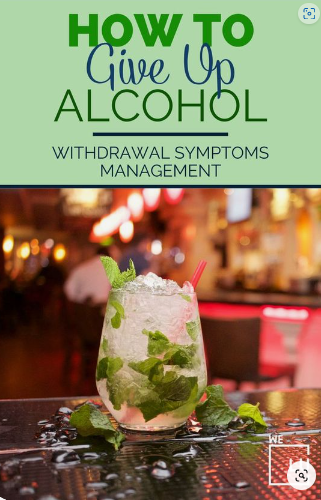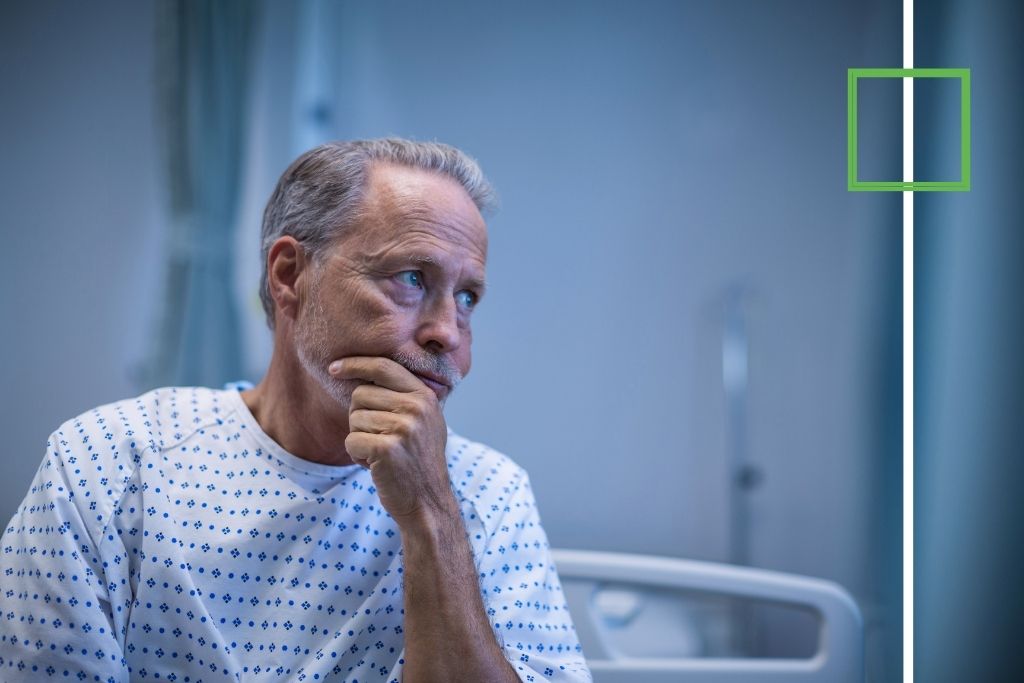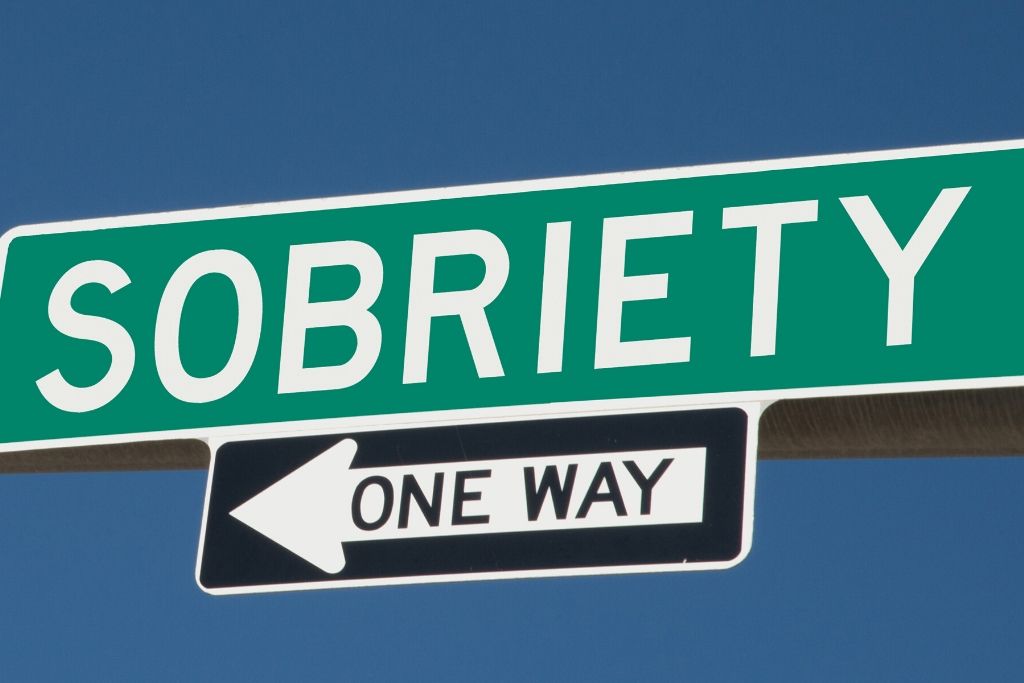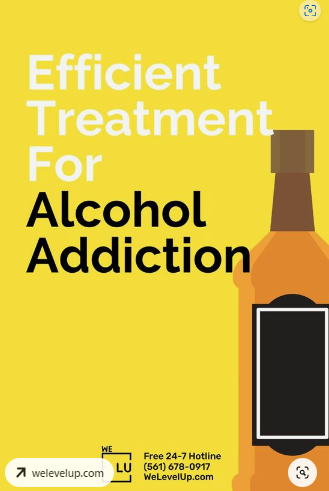What is Diverticulitis?
Diverticula are small, bulging pouches that can form in the lining of your digestive system. They are often found in the lower part of the large intestine (colon). What is diverticulosis? The presence of diverticula is known as diverticulosis. Diverticula are common, especially after age 40 [1]. When one or more pouches become inflamed and, in some cases, infected, that condition is known as diverticulitis. Diverticulitis can cause severe abdominal pain, fever, nausea, and a marked change in bowel movements. While the exact cause of diverticulitis is unclear, you will likely develop these complications for not consuming enough fiber. Many people believe there is a connection between diverticulitis and alcohol.
In the United States, acute diverticulitis is associated with nearly 200,000 hospital admissions and 2.2 billion dollars in healthcare costs per year [2]. Although the prevalence of the disease increases with age, younger adults may also develop the diverticular disease. In fact, for some time, it was thought that younger and male patients were more likely to experience a more aggressive form of diverticulitis with an increased complication rate and higher recurrence. Environmental and genetic risk factors result in diverticular disease development, although good quality evidence for many of these factors remains insufficient. Most cases of diverticulitis undergo successful management in the outpatient setting with oral antibiotics and temporary dietary restrictions.
Causes of Diverticulitis
Over 50% of individuals over sixty have diverticulosis, and the incidence rises to 70% after eighty years of age. Despite the significant prevalence of diverticulosis in the population, only 4% of individuals will develop diverticulitis in their lifetime. Environmental factors play a substantial role in diverticulosis development. Studies on identical twins have identified a strong genetic predisposition. In the past, patients with diverticular disease were discouraged from eating nuts, seeds, and popcorn. However, a recent study determined that these foods do not increase the risk of developing diverticulitis.
Red meat, particularly beef and lamb, has increased the risk of diverticulitis hospitalization. Obesity, smoking, and alcohol use are also associated with a higher incidence of diverticular disease. Medications, including NSAIDs, aminosalicylates (ASA), and acetaminophen, seem to increase the risk of developing complicated diverticulitis. Current corticosteroid use doubles the risk of developing perforated diverticulitis.
Skip To:
- What is Diverticulitis?
- Diverticulitis Symptoms
- Diverticulitis and Alcohol
- Can You Drink Alcohol with Diverticulitis?
- Is Alcohol Bad for Diverticulitis?
- Does Alcohol Cause Diverticulitis?
- Does Alcohol Aggravate Diverticulitis?
- Should You Avoid Alcohol If You Have Diverticulitis?
- Alcohol and Diverticular Disease
- Alcohol and Diverticulitis Attack
- Alcohol and Diverticulitis Diet
- Alcohol and Diverticulitis Flare Up
- How Long After Diverticulitis Can I Drink Alcohol?
- What Alcohol Can I Drink with Diverticulitis?
- Alcoholism Treatment
Learn More:

Diverticulitis Symptoms
What are the symptoms of diverticular disease? Symptoms of diverticular disease depend on whether diverticula—pouches in the wall of the colon—lead to chronic symptoms of diverticula, diverticular bleeding, or diverticulitis. Most people first notice symptoms when they develop complications, such as diverticular bleeding or diverticulitis.
Chronic Symptoms of Diverticula
Some people have chronic symptoms related to diverticula, even when diverticulitis is not present. Chronic symptoms may include
- Bloating
- Constipation or diarrhea
- Cramping or pain in the lower abdomen
Other conditions, such as irritable bowel syndrome, cause similar symptoms, so having these symptoms may not mean you have diverticular disease. If you have these symptoms, see your doctor.
Diverticulitis may cause acute symptoms such as
- Abdominal pain, most often in the lower left side of your abdomen
- Constipation or diarrhea
- Fevers and chills
- Nausea or vomiting
The pain caused by diverticulitis is typically severe and comes on suddenly, although the pain may also be mild and worsen over several days. The intensity of the pain may change over time.

Get Your Life Back
Find Hope & Recovery. Get Safe Comfortable Detox, Addiction Rehab & Mental Health Dual Diagnosis High-Quality Care at the We Level Up Treatment Centers Network.
Hotline (877) 378-4154Diverticulitis and Alcohol
There have been conflicting reports on the association of alcohol use and diverticular disease. Alcohol is the most commonly used and abused drug throughout the world. Alcohol has several pathologic effects on the gastrointestinal tract. It can cause mucosal injury, impair motility, and inhibit the absorption of nutrients, resulting in various gastrointestinal disorders, including esophagitis, gastritis, malabsorption syndrome, and gastrointestinal tumors.
Alcohol is associated with reduced rectosigmoid motility, which is thought to be an important pathogenic factor of diverticula formation. Some previous studies showed that consuming alcohol was related to increased odds of diverticulosis and diverticular bleeding. By contrast, these associations were not observed in some studies.
Additionally, few studies assess alcohol consumption and the risk of diverticular bleeding. A prospective study including 911 patients with diverticulosis showed increased odds of bleeding in moderate drinkers compared to non-drinkers In general, alcohol negatively impacts even healthy individuals, but for someone with diverticulitis, the effects of alcohol may be greater and much worse.

Can You Drink Alcohol with Diverticulitis?
For someone who suffers from diverticulitis, finding relief is a constant struggle. While each case is different, several behaviors and risk factors are associated with diverticulitis. Among other contributors, there may be a link between the consumption of alcohol and symptoms of diverticulitis. Symptoms of diverticulitis may cause discomfort. On the other hand, the symptoms may be very serious and even life-threatening.
While you can drink alcohol while having diverticulitis, it is not advisable. Scientists believe there is a link between the use of alcohol and symptoms. People who drink alcohol are at higher risk of developing symptoms of diverticulitis. Moreover, they may risk having more severe symptoms if they consume alcohol. Although it may be possible to drink alcohol while having diverticulitis, it is not recommended because of the increased risk for symptoms and complications.
Is Alcohol Bad for Diverticulitis?
Consult your doctor for recommendations for alcohol consumption after your diverticulitis symptoms subside. If your doctor says you can include alcohol in your diet, drink moderately to avoid further complications. Moderate alcohol consumption equates to no more than two standard beverages a day. A typical serving of beer is 12 oz., and a standard serving of wine is 5 oz. Liquor, or distilled spirits, standard serving is 1.5 oz.
You may take a course of pain medications and antibiotics as part of your diverticulitis treatment. Antibiotics and alcohol can cause interactions. Dizziness, stomach upset, drowsiness, vomiting, and diarrhea are some symptoms you may experience if you mix alcohol with your medications. Discuss your desire to consume alcohol with your doctor if you are taking medications.
First-class Facilities & Amenities
World-class High-Quality Addiction & Mental Health Rehabilitation Treatment
Rehab Centers TourRenowned Addiction Centers. Serene Private Facilities. Inpatient rehab programs vary.
Addiction Helpline (877) 378-4154Proven recovery success experience, backed by a Team w/ History of:
15+
Years of Unified Experience
100s
5-Star Reviews Across Our Centers
10K
Recovery Success Stories Across Our Network
- Low Patient to Therapist Ratio
- Onsite Medical Detox Center
- Comprehensive Dual-Diagnosis Treatment
- Complimentary Family & Alumni Programs
- Coaching, Recovery & Personal Development Events

Does Alcohol Cause Diverticulitis?
Can alcohol cause diverticulitis? Research has shown that those who consume alcohol regularly are at a higher risk for diverticulitis, often stemming from poor diet choices. On the other hand, those who drink alcohol in moderation and eat a more balanced diet have a lower risk of diverticulitis. those who consume alcohol tend to have a poorer diet, which means reduced nutrition and fiber intake, so it is no surprise that these patients experience worsened diverticulitis symptoms.
Does alcohol affect diverticulitis? Alcohol has a significant impact on the gastrointestinal tract. Alcohol affects the movement of food as it passes through your intestine. A decreased motility in the lower intestine (rectosigmoid) has been specifically associated with the development of diverticulosis.
A low-fiber or high-fiber diet, constipation, and high bowel movement frequency are widely considered etiological factors for colonic diverticular disease (CDD). Recent studies have proposed alcohol consumption as a new risk factor for uncomplicated diverticulosis.
Does Alcohol Aggravate Diverticulitis?
Alcohol may trigger diverticulitis symptoms and even increase the frequency of flare-ups. You may find that your symptoms are managed more efficiently and that your flare-ups subside once you start avoiding alcohol. Alcohol use is a significant risk factor for colonic diverticulosis. A Danish study found a relative risk of 2 for alcoholics to have admissions due to diverticular disease [4]. Further research is needed to explore this association and its underlying pathophysiological mechanisms.
Should You Avoid Alcohol If You Have Diverticulitis?
If there is an inflammation of the diverticula, it is better to drink only natural water and to avoid alcohol and carbonated and sweetened drinks. Are alcohol and coffee bad for diverticulitis? Not necessarily, though you want to avoid alcohol and caffeine if you’re experiencing a diverticulitis attack. Alcohol is hard on your stomach in general—and symptoms of other health conditions, like pancreatitis, can be similar to symptoms of a diverticulitis flare (making it hard to know if you’re treating your symptoms appropriately).
World-class, Accredited, 5-Star Reviewed, Effective Addiction & Mental Health Programs. Complete Behavioral Health Inpatient Rehab, Detox plus Co-occuring Disorders Therapy.
CALL (877) 378-4154End the Addiction Pain. End the Emotional Rollercoaster. Get Your Life Back. Start Drug, Alcohol & Dual Diagnosis Mental Health Treatment Now. Get Free No-obligation Guidance by Substance Abuse Specialists Who Understand Addiction & Mental Health Recovery & Know How to Help.
Alcohol and Diverticular Disease
The American Society of Colon and Rectal Surgeons says that too much alcohol consumption may double or even triple the risk of developing diverticulitis. They say that alcohol is one risk factor for developing the condition, along with increased age. As a person’s age increases, so do their risk of developing the disease and having severe symptoms. Additionally, the amount of alcohol a person consumes and the frequency with which they consume alcohol may increase the risk for diverticulitis. Alcohol abuse is one lifestyle factor that may play into the development and severity of diverticulitis. Individuals who continue to consume alcohol despite showing symptoms of the condition may worsen their symptoms and expose themselves to avoidable complications.

Alcohol and Diverticulitis Attack
When an individual is experiencing the acute condition of diverticulitis, it is crucial to avoid alcohol consumption. Alcohol can make symptoms worse during a diverticulitis attack. Also, alcohol can weaken the immune system, making infections linger. Flagyl is a common antibiotic for treating diverticulitis infections. People who consume alcohol while taking antibiotics or within a few days of stopping it can experience nausea, vomiting, headaches, and abdominal cramps.
Even after resuming a high-fiber diet, it is still not advisable to consume alcohol frequently. Many people find that their flare-ups happen after periods of drinking alcohol.[ For instance, a person with diverticulosis who drinks a lot may develop diverticulitis.
Alcohol and Diverticulitis Diet
The link between diet and diverticulosis is scientifically challenging to prove of the long latency of diverticula formation, the lack of symptoms of diverticulosis, and the difficult and complex methodology of monitoring dietary habits. A study found a 12% lower prevalence for diverticulosis in 56 long-term vegetarians compared to 33% in 264 non-vegetarians. The fiber intake in the vegetarians was 41.5 g/day double that of the non-vegetarians (21.4 g/day).
There are several ways to treat diverticulitis. For example, a person may be able to control their symptoms through diet. Red meat is an example of a food that may be avoided to lessen symptoms. Some professionals recommend a clear liquid diet when symptoms flare. Full-fat dairy and fried foods are other examples of food that may be avoided to treat diverticulitis. An increase in fiber in the diet may be a positive change that allows food to move through the intestines more efficiently.
In addition to these risk factors, an individual may treat diverticulitis by eliminating alcohol consumption. Eliminating alcohol may help the body maintain more consistent acidity levels. Avoiding alcohol may reduce strain on the intestines. Continuing to use alcohol may make other methods to treat the condition less effective. For example, if an individual takes medications to treat their symptoms, they may not work in an intended manner if they continue to consume alcohol.
Alcohol and Diverticulitis Flare Up
Diverticulitis (flare-up) occurs when the diverticula become inflamed and infected. There might be increased diarrhea, cramping, and bowel irritability, and symptoms can include intense pain, abdominal cramping, bleeding, bloating, and fever. The pain and tenderness are often in the left lower portion of the abdomen. It is easier to diagnose this condition during a flare-up, as this typically presents with a fever, more tenderness over the abdomen, and more severe symptoms.
Blood tests may reveal the degree of inflammation present, and several other tests can help pinpoint a diagnosis. X-rays can help observe the shape and function of the colon. Another method of diagnosing diverticulitis is by colonoscopy examination, during which a physician inserts an instrument called a colonoscope via the anus to view the inside of the colon. The scope is a hollow, flexible tube with a tiny light and video camera.
How Long After Diverticulitis Can I Drink Alcohol?
Diverticulosis risk goes up with alcohol consumption and aging. Few symptoms are felt at first. But not watching out for it can lead to more serious problems and pain later. Compared to patients in their 50s, those between 60 and 69 years of age are twice as likely to have the problem. The odds for people older than 70 increase three-fold. And the more abnormal growths patients have, the more likely they are to have colon problems. The diet includes a list of food you should eat or avoid if you have diverticulosis or are suffering from diverticulitis. Doctors recommend avoiding alcohol, which can be difficult for someone with alcohol abuse.
What Alcohol Can I Drink with Diverticulitis?
Water and clear juices (such as apple, cranberry, or grape), strained citrus, or fruit punch. Coffee or tea (without cream or milk) Clear sports drinks or soft drinks, such as ginger ale, lemon-lime soda, or club soda (no cola or root beer). Regarding wine and diverticulitis, some studies have concluded that alcohol increases the risk of developing the symptoms of the disease. Avoid carbonated drinks, which can cause bloating or gas and worsen the symptoms of the disease.
Experience Transformative Recovery at the We Level Up Treatment Center.
See our authentic success stories. Get inspired. Get the help you deserve.



Start a New Life
Begin with a free call to an addiction & behavioral health treatment advisor. Learn more about our dual-diagnosis programs. The We Level Up treatment center network delivers various recovery programs at each treatment facility. Call to learn more.
- Personalized Care
- Caring Accountable Staff
- World-class Amenities
- Licensed & Accredited
- Renowned w/ 5-Star Reviews
We’ll Call You
Alcoholism Treatment
How to help a drunk person? First and foremost, if you think a loved one is abusing alcohol, you should research the substance and its associated addiction to understand better what your loved one needs. How long does alcohol withdrawal last? Next, you must plan an intervention to provide your loved ones with options to battle the effects of alcohol withdrawal in a safe and supportive environment. During this intervention, offer compassion and support instead of judgment. Lastly, show your support throughout the entire treatment process. Diverticulitis and alcoholism are treatable diseases.
In addition, prolonged alcohol consumption can have severe physical and psychological effects, so seeking treatment as soon as possible is essential. Inpatient alcohol rehab offers intensive care that can help you promptly get through the early stages of alcohol withdrawal.
Treatment for alcohol use disorder may include:
- Medically-assisted detox
- Medication-Assisted Treatment
- Cognitive Behavioral Therapy
- Dialectical behavioral therapy
- Behavioral Therapy
There are thousands of treatment centers in the country, but not all are right for everyone. Those looking for help need to find a center that offers definitive treatment for alcohol addiction. This center must also be able to treat other drugs and co-occurring mental conditions. Our medical staffs, therapists, and counselors know what you are going through and will answer any of your questions if you or a loved one is struggling with alcohol addiction. We Level Up NJ addiction specialists are standing by to help.

Diverticulitis and Alcohol Topics & Resources
Sources:
[1] Diverticular Disease | NIDDK (nih.gov)
[2] Diverticulosis and Diverticulitis – PubMed (nih.gov)
[3] Epidemiology, Pathophysiology, and Treatment of Diverticulitis – PubMed (nih.gov)
[4] Colon Diverticulitis – StatPearls – NCBI Bookshelf (nih.gov)
[5] Acute Diverticulitis – StatPearls – NCBI Bookshelf (nih.gov)
[6] Association between Alcohol Consumption and Diverticulosis and Diverticular Bleeding: A Systematic Review and Meta-analysis – PMC (nih.gov)
[7] How To Clean Your System Of Alcohol In 24 Hours? Effective Alcohol Detox Program (welevelup.com)